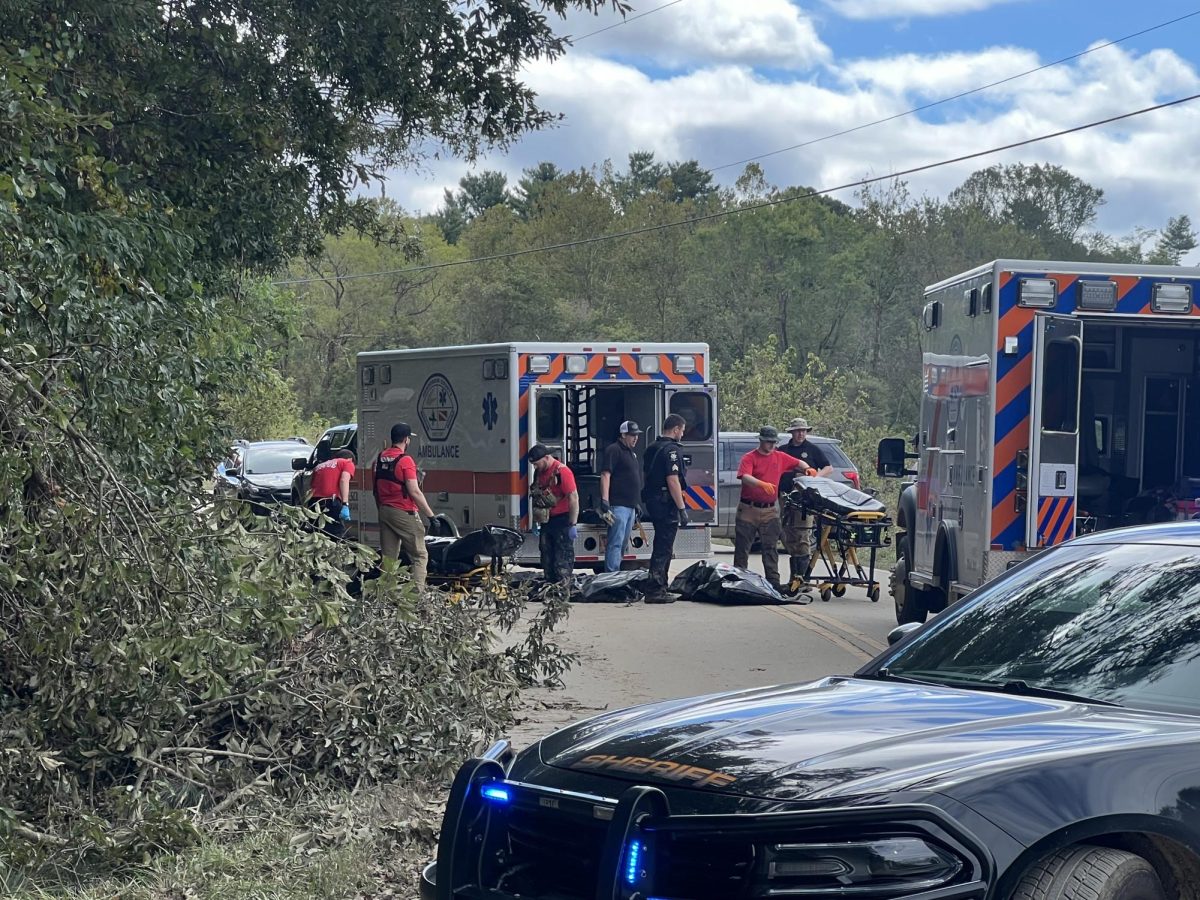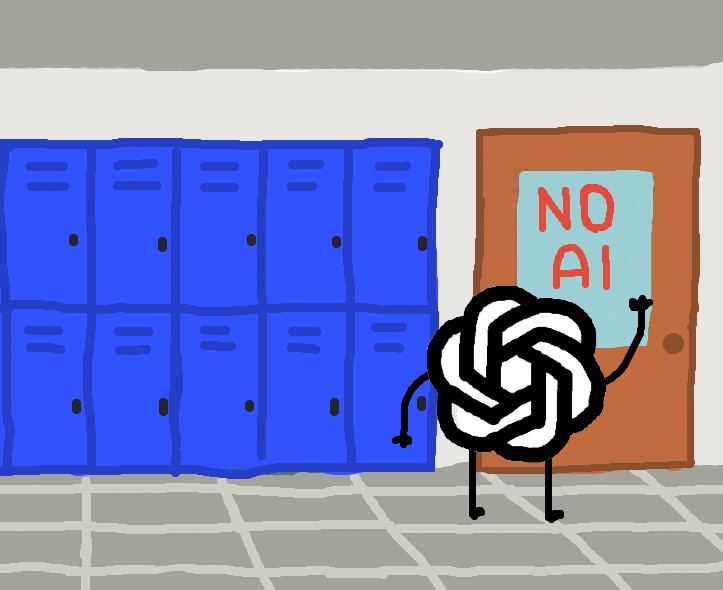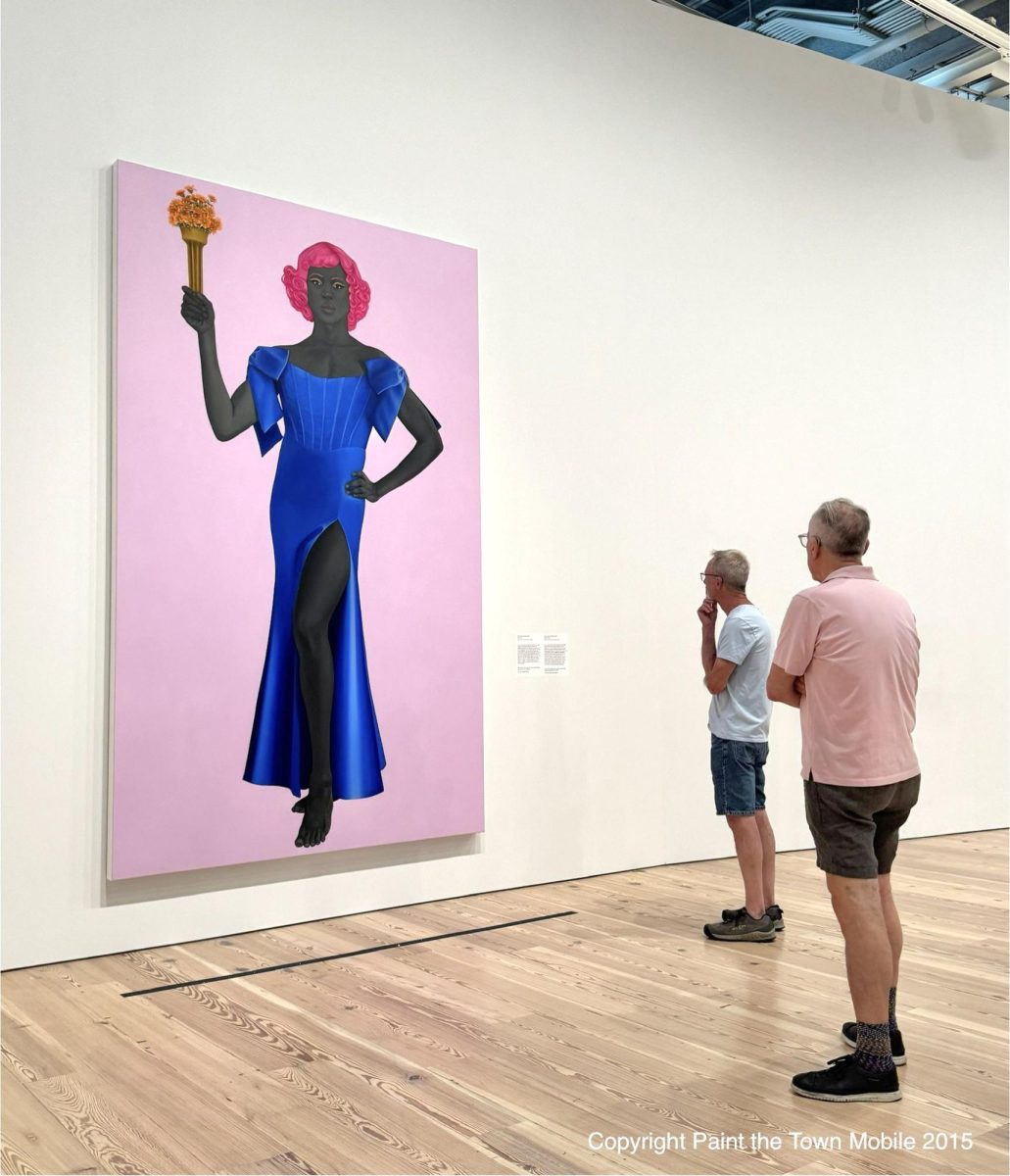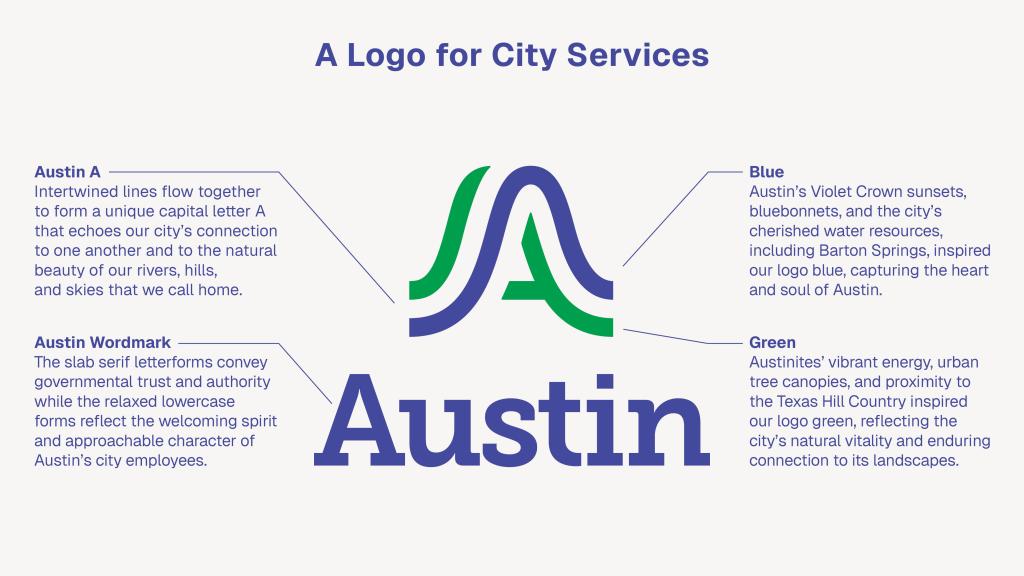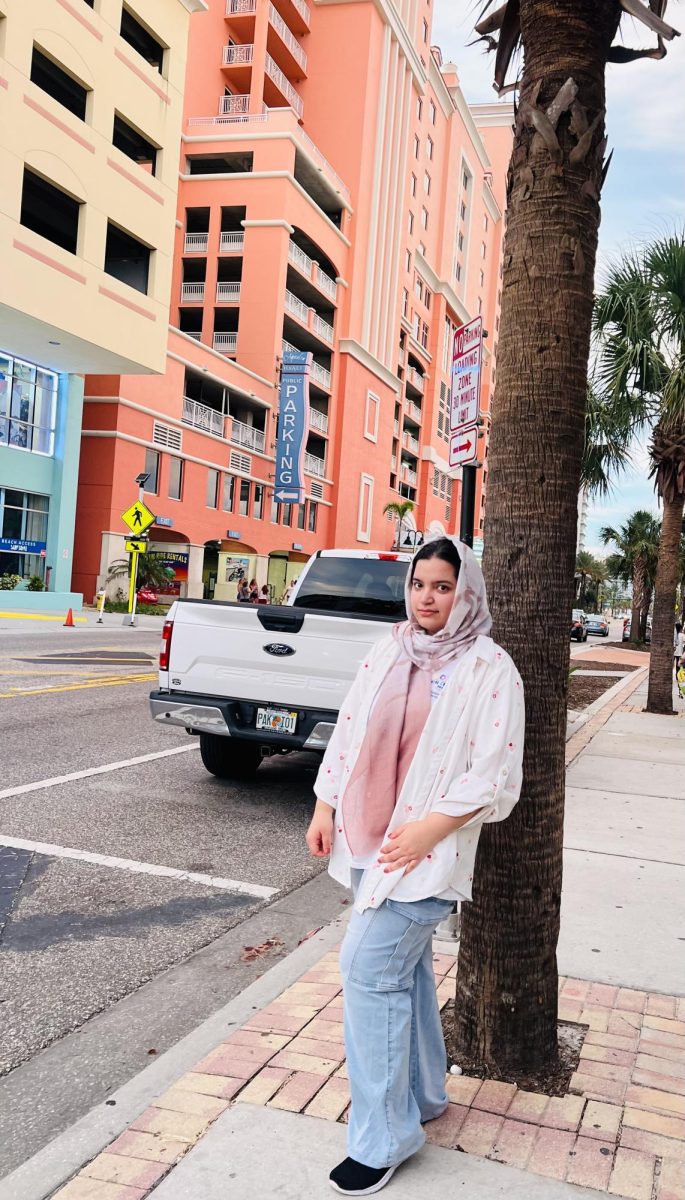Hurricane Helene made landfall over Florida as a Category 4 storm on Sept. 26, and left a 500-mile trail of destruction over the southeastern United States for three days before dissipating over Tennessee on Sept. 27. The total death toll has been counted at over 230 and the estimated cost of repairs is over $80 million. For the deadliest hurricane to hit the U.S. mainland since Katrina, it seems incredible to me that I hadn’t even heard of it until it was already upon the Appalachians in western North Carolina, causing record-breaking levels of flooding and damage.
I am a former North Carolina resident, having lived in the towns of Durham and Chapel Hill at the center of the state for 14 years of my life. My cousins live in Asheville, in the western mountains of North Carolina, and countless people who I used to go to school with attend college in Asheville or nearby in Boone. The Appalachian Mountains hold many memories for me from my many trips there, from hiking to ziplining to looking out into the valleys, and that’s why I was all the more upset to know a hurricane was ravaging the mountain towns, and I hadn’t even known it was coming.
Asheville’s French Broad River experienced the highest water level it has ever recorded at 24.67 feet, passing the previous high set in 1916, and North Carolina counted 115 dead and 200 missing, making up about half of Helene’s overall death toll. Hundreds of thousands of North Carolinians were left without power and water, including my cousins. Sections of the iconic Blue Ridge Parkway were caved in, undrivable. Yet every time I opened my phone and went to my news app, Helene was always the second or third story. I couldn’t believe that the media seemed to be completely overshadowing the hurricane with stories like the election, when the election was still more than a month away, and when more than 10 election offices in North Carolina were closed due to Helene, meaning some people might have a harder time voting. Wasn’t that the more important story?
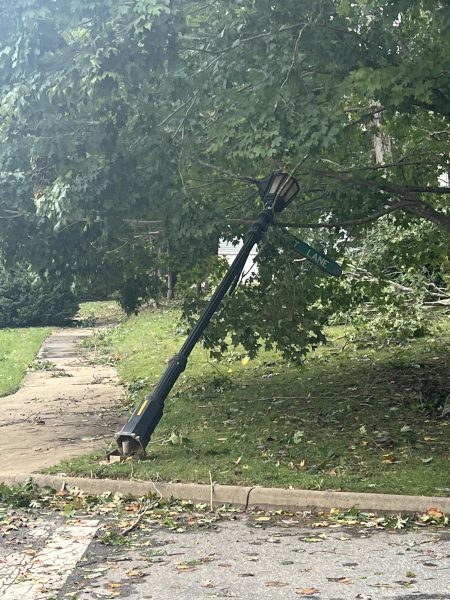
It also seemed interesting to me that Helene seemed to not be the top news of the day when a record-breaking hurricane had already hit the U.S. earlier this year. In June, at the beginning of the hurricane season, Hurricane Beryl formed– no other Category 5 storm on record has ever formed as early in the year as Beryl. The hurricane swept through Caribbean nations before hitting the Houston area and other Gulf Coast regions after being downgraded to a Category 1, putting out power for millions of Texans. Though I hadn’t heard about this hurricane at the time–it was the first major one of the season, and it had come early after all–surely the next one would have gained more attention. But Helene coverage was just as underwhelming, falling behind in the news to the secondary spot.
It was only when Hurricane Milton was slated to make landfall over Florida in early October that I finally noticed people talking about it and saw it in the news. Even then, the chatter wore off quickly. Hurricanes come and go every year, but elections only come once every four, right? It upset me that the media, and the public in general, glossed over these tragic disasters–it can be argued that hurricanes might be ignored simply because they are so common, but that’s really no justification for passing over hundreds of deaths without thinking twice. I’ve heard so many horror stories from friends and family about people stranded on their roofs, a hospital that had to drill a well in its parking lot in order to access clean water and so many other devastating events that real people from my home state are experiencing. It’s angering that the news surrounding these hurricanes, which are affecting so many people, are falling under the radar and that I have to scroll down in order to find out about disasters that are ruining people’s lives in my own country. If these stories were cast into a larger spotlight, I believe those affected would be able to get more relief resources allocated to them. I think one of the reasons that not as many resources are put towards disasters is because people don’t know about them. The media has a lot of power in informing the public, and people are very generous–if more people knew about the destruction of hurricanes, I think there would be an influx of donations to the cause, and the people affected by hurricanes would receive more relief faster.


